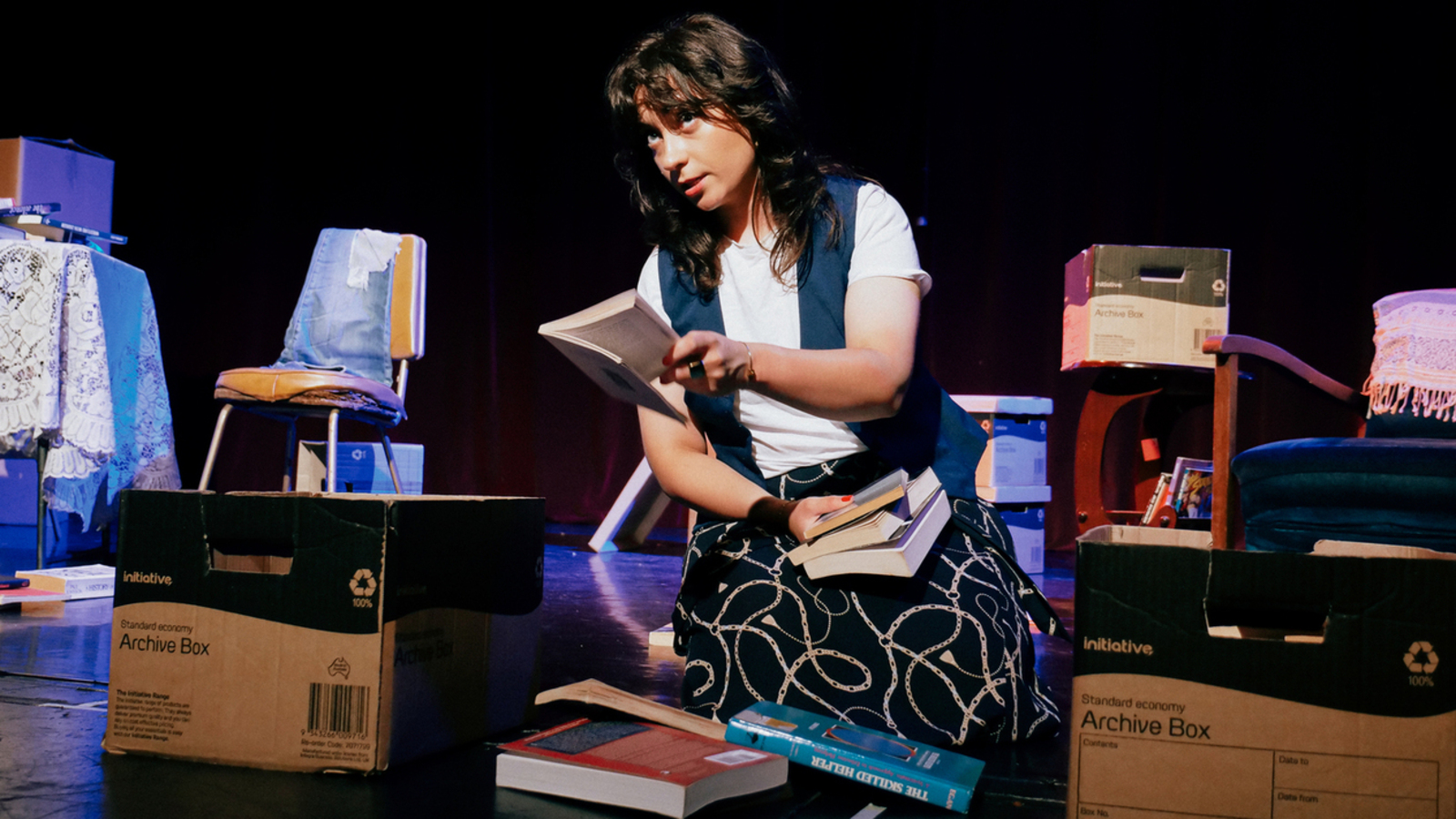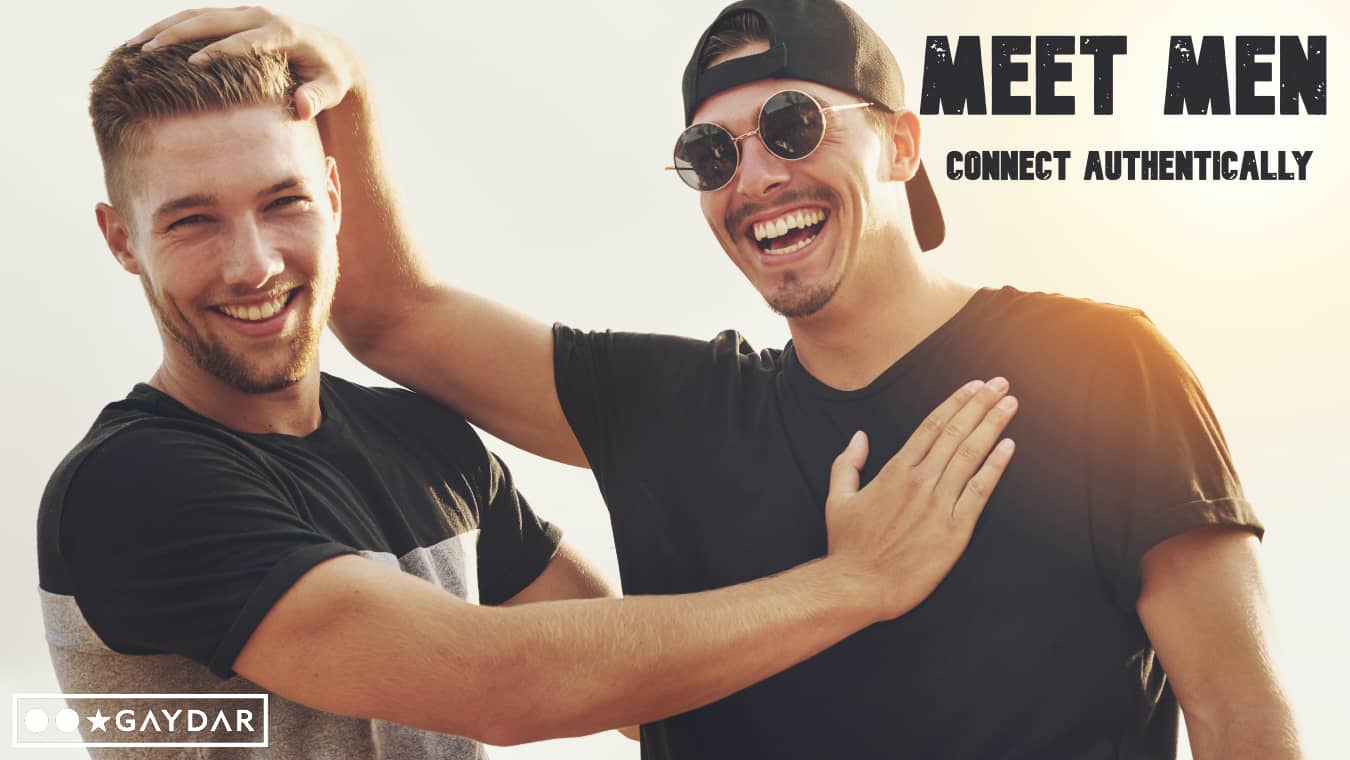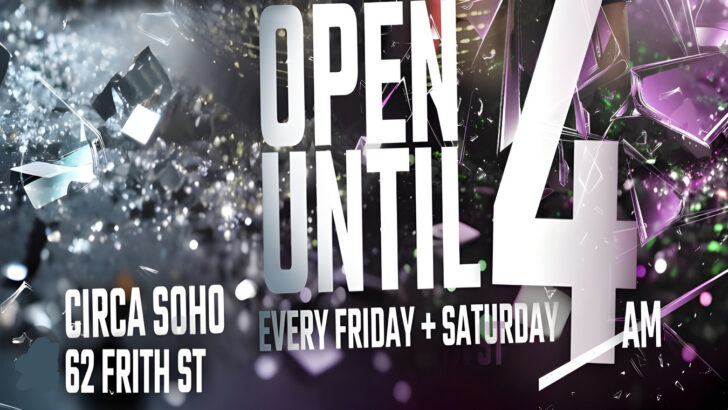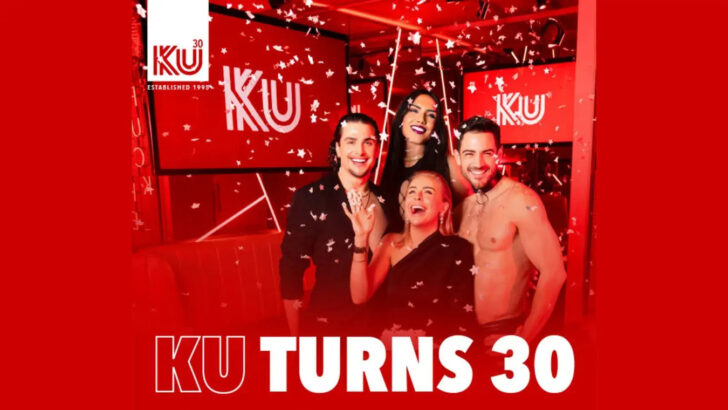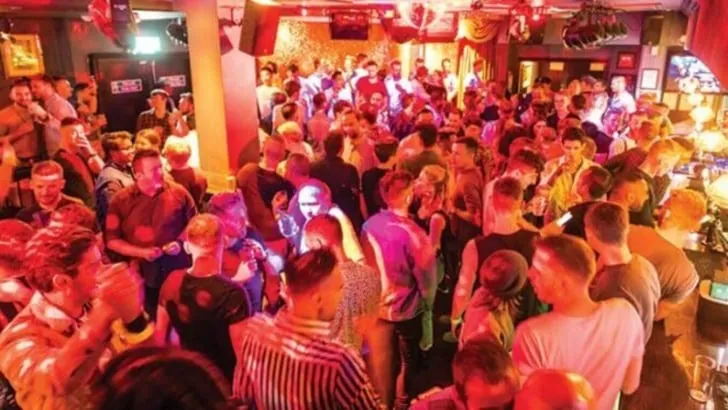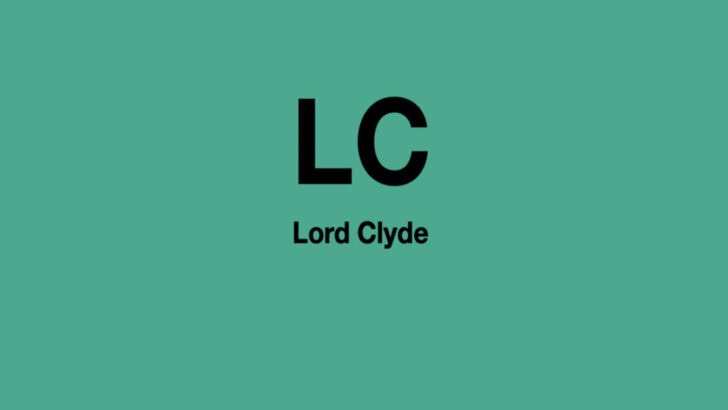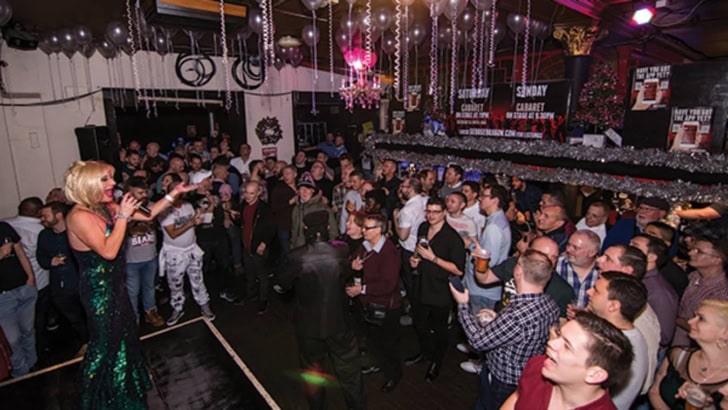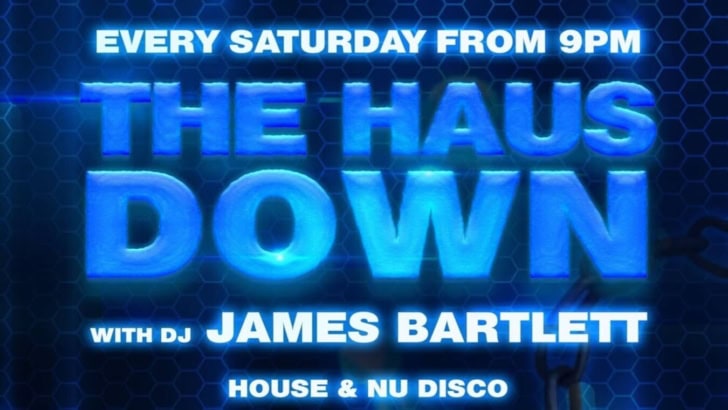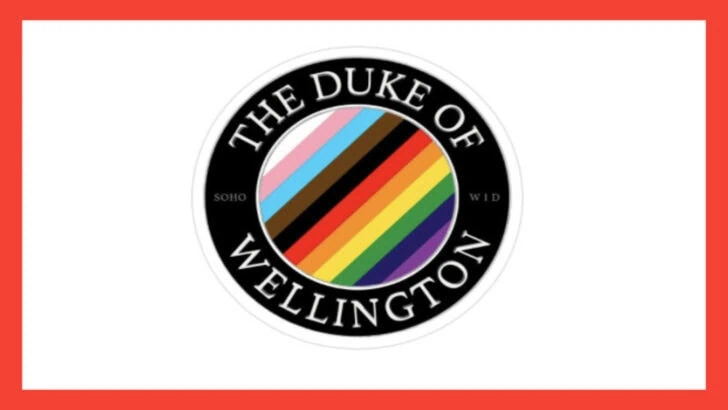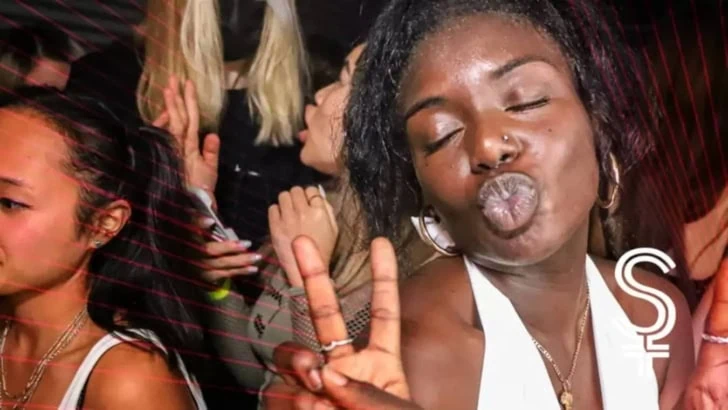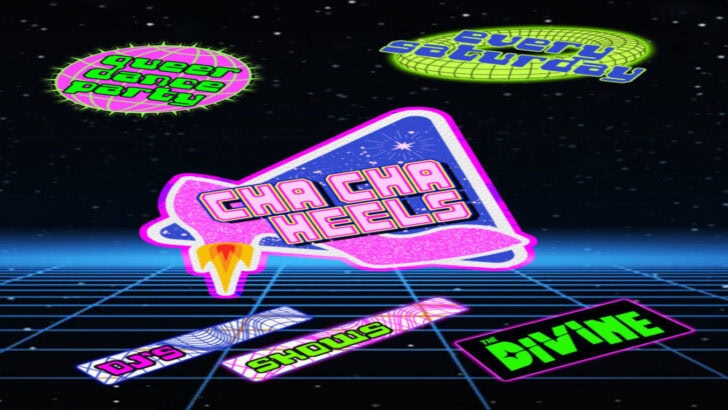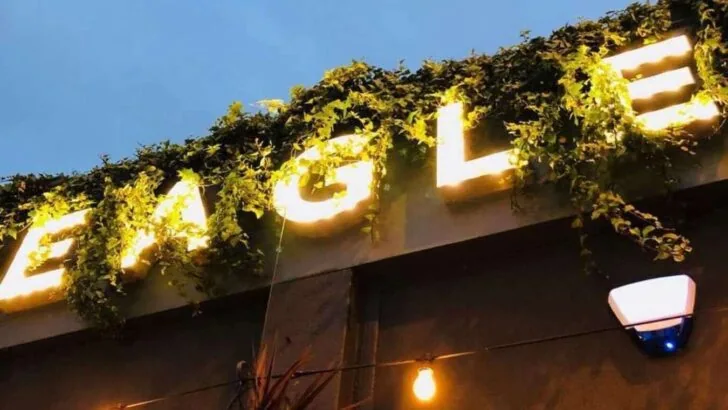My Jewishness, much like my queerness, was known to me from a very young age. Neither was available to me via mainstream means or explicit to me in my family of origin. My mother turned firmly against Judaism as a religion and culture in her mid-teens and married a gentile (a non-Jew), so I was brought up agnostic and attended an Anglican school. I knew I was Jewish, but what that meant was a mystery. All I knew was that my grandparents had survived something terrible because of it…and I could use it to get out of school church services.
NIUSIA traces a gradual discovery. A ‘stumbling into’ a legacy and a history I had no idea I was a part of. My nana Niusia was a holocaust survivor. She saved people’s lives in the camp, she was an iridescent entertainer, and I remember her as a bitch. Through the exploration of who my nana Niusia was, I turn to face the history from which she, and consequently, I emerged.
NIUSIA is queer in as far as it is not typical: To be Jewish and the descendant of a survivor is one thing, but to go on record cussing her out is another. And to further that, being Jewish is one thing, but to have never been to synagogue or have even had a bat mitzvah is another. Growing up, I couldn’t see my relationship with Jewishness, and this history represented…anywhere. While it wasn’t our initial intention, this is precisely what NIUSIA became. Director/co-creator Kat Yates and I made the decision early on that NIUSIA couldn’t be neat. Neatness a la the “well-made play” (i.e. a clear beginning, middle, and end with a singular point of climax and release) demanded heavy-handed simplification and would undermine the complexity of the story we were honouring. Instead, we opted for a radical queer/sapphic dramaturgy that resists the typical structure of the male-dominated theatrical canon. The premise of the show–that my nana was a holocaust survivor, an incredible entertainer and businesswoman, and a raving bitch–is set up in the opening of the work. Now, instead of a meandering 40 minutes until that hypothesis is either proven or transformed, it is unceremoniously smashed to a thousand pieces within the first 15 minutes of the show.
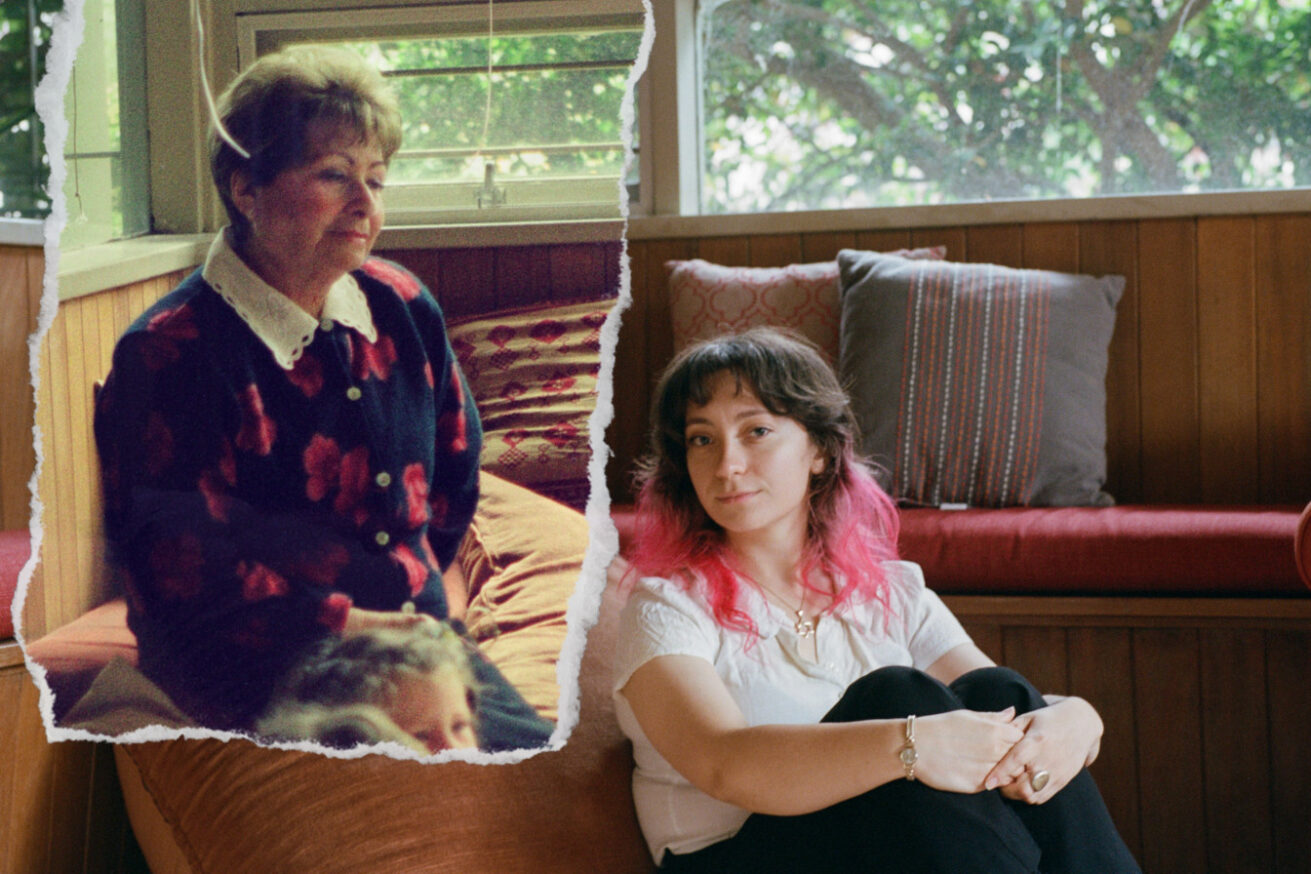
So….where next?
The show ebbs and flows, rolling from moment to moment, gradually picking up and rearranging the broken pieces. When did I learn these stories? What if they’re wrong? Who came before me? What emerges is a complex exploration of what it is to inherit a history that is as messy and painful as it is laughter-filled and resilient. I race around the set, discovering stories and histories that have been hidden but quietly available to me for years. The pyre-like mess of books is re-organised; I stack and dance the books around the living room of my memory: their significance and my relationship with them transforms as I build a relationship with this history. The initial absence of a relationship with this culture and history becomes the basis of a relationship, and my identity is transformed.
We recently wrapped a tour of NIUSIA around regional Victoria. After every performance I was met with people of all ages and backgrounds who felt not Jewish “enough”, or not Italian or Greek or Indigenous “enough” to wear it proudly or even to claim it in the private of their own minds. Some young people quietly shared that they had relatives in the camps but didn’t know if they were Jewish or not: this family history had never been addressed, and they had no idea how to even begin to explore it. Older women spoke of the difficult and desperate process of capturing the older generation’s stories before they fade: stories they were not interested in until it was close to too late.
The starting point of NIUSIA is not knowing, and we learned quickly that the feeling of not knowing or being “enough” to be something is a universal experience. By putting an iteration of an already non-standard identity on stage, NIUSIA refuses the delineations offered by the typical depictions of what it is to be Jewish. I can have attended a Christian school and still be Jewish. I can adore my grandmother and also maintain that she was unspeakably difficult at times.And I can hold pride from where I come from and speak to intracultural resistance. My identity, like those of all of us, hold seemingly contradicting truths. Connecting to my family’s history adds to that complexity, more now than ever. Jewish thought is full of arguments; sitting with and teasing out ambiguity is valued. I am better for that complexity, not compromised by it.
NIUSIA runs Thursday 31 July – Monday 25 August 2025 (not 11, 18), 1:20pm Summerhall (Former Women’s Locker Room), Edinburgh EH9 1PL, United Kingdom.
